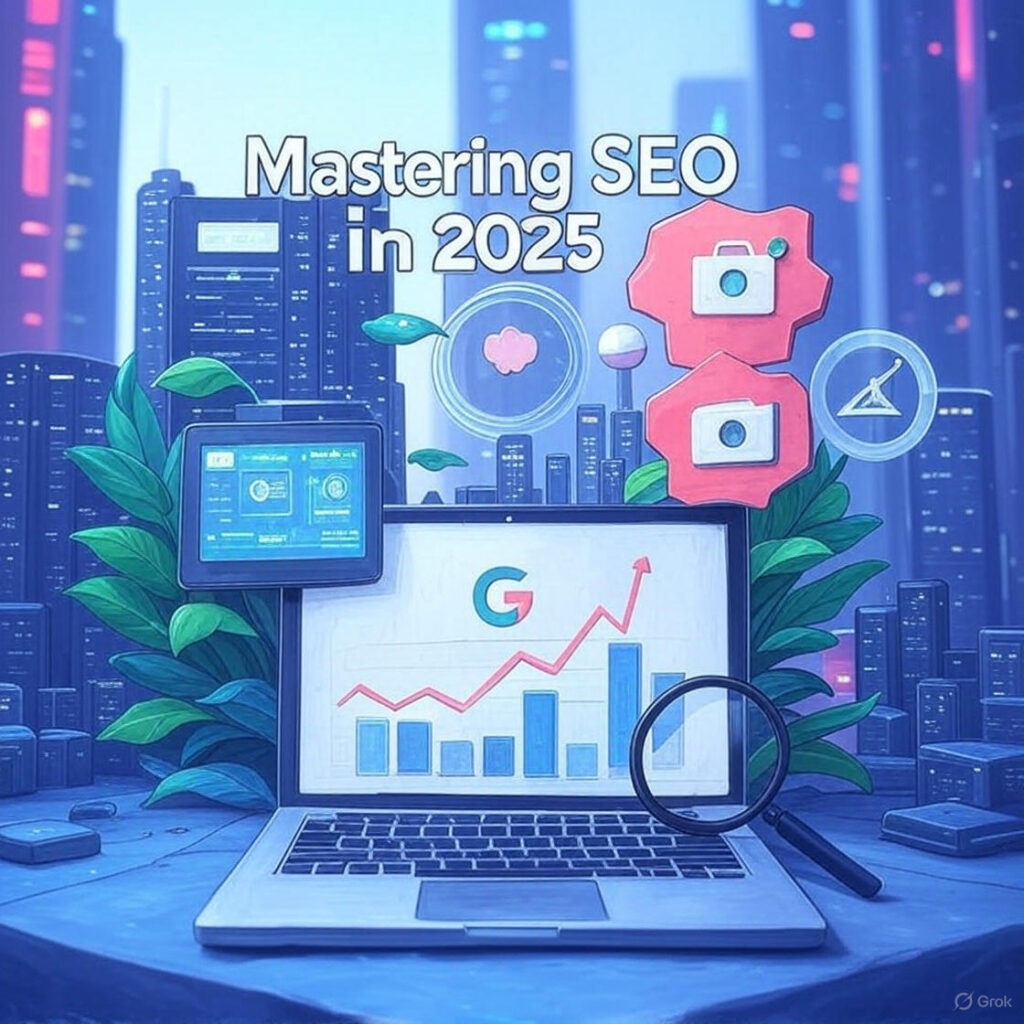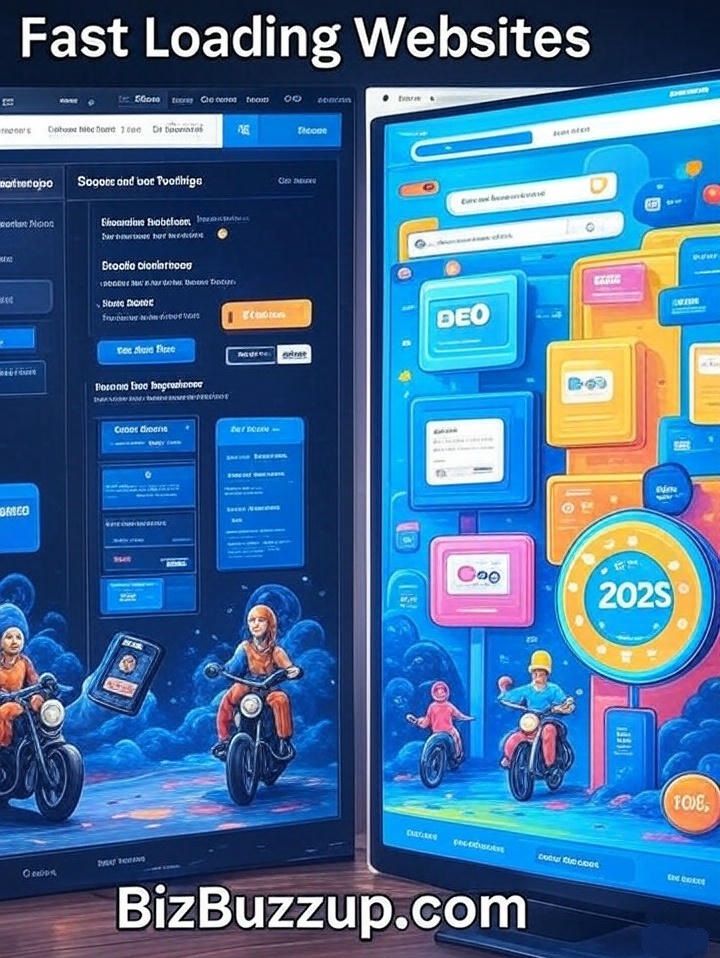
Watch Now: Learn how AI-powered SEO, semantic search, and intent-based content are shaping the future of search rankings in 2025. Perfect for marketers, bloggers, and business owners looking to boost visibility and become trusted authorities online.
The Shift from Keywords to Context
Today, keyword stuffing is obsolete. Instead, Google emphasizes contextual relevance, favoring pages that thoroughly answer user queries with natural, meaningful language. Crafting semantically rich content is the key to ranking high in search results.
Building Trust Through Content Quality
High-ranking websites in 2025 prioritize accuracy, value, and trustworthiness. When your content educates, informs, and solves real problems, users stay longer — and Google rewards you for it. Focus on being a credible source in your niche.
Engagement Is the New Ranking Metric
Engagement metrics like bounce rate, average time on page, and click-through rate play a critical role in SEO success. Engaged users signal search engines that your content delivers real value, which in turn leads to higher rankings.
Top SEO Strategies You Need in 2025
1. Optimize User Experience (UX)
UX is not just about aesthetics. Your site must be fast, mobile-friendly, and easy to navigate. Use Google PageSpeed Insights to improve loading times, implement responsive design, and ensure your layout is intuitive and clutter-free.
Speed Matters
Every second counts. A fast-loading website reduces bounce rates and enhances the user journey. Compress images, minify code, and use caching to improve speed.
Mobile-First Design
With over half of web traffic coming from smartphones, your design must be mobile-first. Responsive layouts and adaptive content ensure a smooth experience across all devices.
Intuitive Navigation
Users should be able to find what they need in seconds. Use logical menus, internal linking, and a search bar to improve engagement and keep visitors on your site longer.
2. Semantic Search & Search Intent
Search engines now interpret meaning — not just keywords. Answer the why behind each query. Organize your content into topic clusters and use Latent Semantic Indexing (LSI) keywords to improve relevance.
What Is Search Intent?
Search intent refers to the goal behind a user’s query: informational, navigational, transactional, or commercial. Align your content to match this intent for better engagement and rankings.
Topic Clusters Boost Authority
Group related content around a central pillar page to signal subject matter authority. This improves your site’s visibility for broad and specific search terms alike.
Use LSI Keywords
Enrich your content with related keywords and phrases to help search engines understand your topic’s depth and breadth.
3. Voice Search Optimization
Voice search queries are longer and more conversational. Optimize by using FAQs, natural-sounding phrases, and schema markup so voice assistants can extract accurate answers directly from your content.
4. Technical SEO Fundamentals
Behind-the-scenes optimization is critical. Ensure proper indexing, fix broken links, use SSL encryption, and submit your XML sitemap. Clean code and structured data make it easier for search engines to crawl and rank your site.








